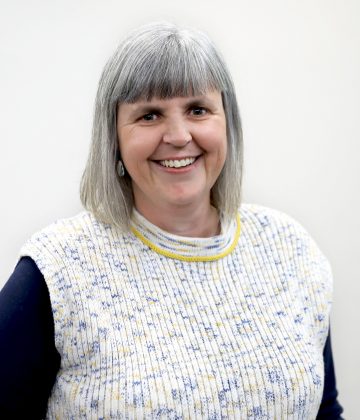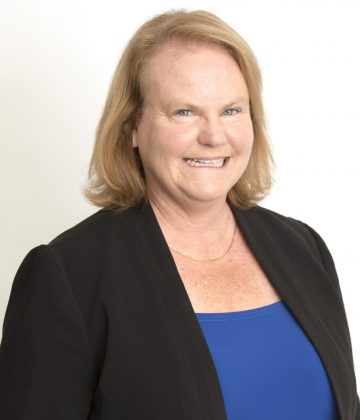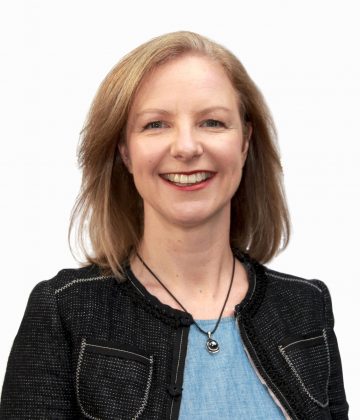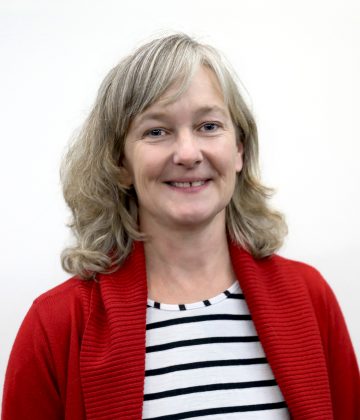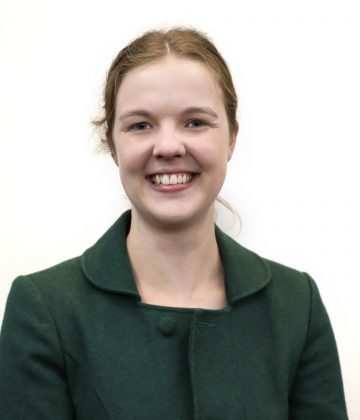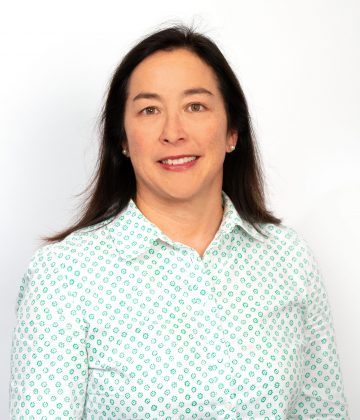Mapping the workforce of Australian agriculture
Australia’s agriculture, fisheries and forestry industry is set to have a clearer picture of its workforce following a project which identified ways to improve the collection of workforce data across different sectors.
‘Mapping the workforce of Australian agriculture’ – a project funded by AgriFutures Australia and led by RMCG in collaboration with all the Research Development Corporations (RDCs) and the National Farmers Federation(NFF) – identified ways to improve the collection, availability and accuracy of data on Australia’s agricultural workforce.

The project kicked off in 2023 following AgriFutures Australia’s Emerging National Rural Issues (ENRI) Forum which identified a common challenge facing the agriculture, fisheries and forestry industry: the varied workforce data collection methods which are currently used across government bodies, RDCs, industry sectors and employers.
RMCG partnered with Deakin University’s Centre for Regional and Rural Futures to deliver the project, which involved extensive consultation with a range of industry members and peak bodies, and government departments including the Australian Bureau of Agricultural and Resource Economics and Sciences(ABARES) and the Australian Bureau of Statistics (ABS).
“In mapping the workforce of Australian agriculture, we identified the data currently in use, existing gaps and what information the industry needs to inform policies and decisions,” RMCG Senior Consultant Brooke Hermans said.
By 2030, Australia’s agriculture, fisheries and forestry industry is aiming to achieve $100 billion in farm gate output, one billion new plantation trees and sustainable growth in the fishing, aquaculture and seafood industries.
Brooke noted that “…to achieve its 2030 vision, it is crucial for Australian agriculture to attract, develop and retain a skilled workforce. Therefore, high-quality, up-to-date and detailed workforce data is essential to underpin evidence-based strategies and policies that can deliver such a workforce”.
“We identified the priority issues that are a significant burden for the agriculture sector when it comes to collecting workforce data, and recommended different options for industry to strengthen the collection, analysis and application of workforce-specific data,” she said.
Current gaps in ag workforce data
The report identified priority areas:
“We know more about the number of sheep in Australia than the number of people who work in agriculture.”
Due to the structure and labour dynamics of Australian agriculture, the available datasets don’t capture or account for seasonal, casual, family member, migrant or labour hire workforces and may also under-represent industry participation from mixed-farming enterprises. Therefore, there is no accurate quantification of the size or scale of the sectors and the industries within them.
“We don’t have reliable information about labour demand, labour gaps or recruitment issues.”
Due to current data collection methods, reliable statistics on vacancies and recruitment challenges within the sector are not accurate or are unavailable in national datasets.
“Skills and capacity to access, analyse and understand workforce data are limited.”
Many RDCs and peak industry groups do not employ staff who are skilled in data collection and analysis. Resources from the Australian Government that can access and analyse workforce data don’t provide the level of coordination or specificity needed for adequate data to advise workforce planning.
Looking ahead
To address the priority areas, four recommendations were provided which could be adopted individually or together, depending on available resources.
Importantly, the proposed responsibility of these options was delegated to either RDCs, peak industry bodies, ABS, ABARES, agriculture industries or other industry members. They included:
Option 1 Monitor and harness improvements:
Stay abreast and harness workforce data improvements being driven by the Australian Government; request improved communication around roles and access to relevant data.
Option 2 Communicate industry workforce data needs:
Communicate the three priority workforce data issues identified (see above). ABS and ABARES should drive consistency in adopted agricultural workforce definitions within and external to government.
Option 3 Collaborate and build capacity:
Develop a common practice for all data users and survey designers who collect workforce data and clearly identify the needs and key datasets that are relevant.
Option 4 Industry-led workforce data collection:
Work with private data aggregators to develop a cross-commodity plan that accesses labour hire data from all sectors of the workforce and data relating to the labour market such as recruitment and shortages.
For more information, read the full report. You can also find out more about our expertise in workforce planning and development.


